Hit by rising prices, UK shoppers cut their spending more than expected
British shoppers significantly curbed their spending in September, avoiding non-essential items, as they felt the heat of sky-rocketing utility bills and soaring food prices, says a report.
According to the Office for National Statistics (ONS), retail sales volumes plunged by 1.4 percent in September, against a forecast of a 0.5 percent fall by economists, marking the first month that volumes fell below the pre-coronavirus pandemic level.
Data published on Friday suggests that Britain's economy is staring at a recession which could be deepened by new finance minister Jeremy Hunt's plans to stem the crisis in financial markets after the tumultuous short tenure of Liz Truss as the prime minister.
The cost-of-living crisis and rising energy prices will leave many consumers with a smaller budget to spend this holiday season, with 72 percent of consumers stating that price will be the main factor in their purchasing decisions, according to a global brand suitability platform, Channel Factory.
A one-off bank holiday to mark the funeral of Queen Elizabeth II also weighed on retail sales figures as many stores lost trading on the day of the monarch's funeral.
The ONS said it was unable to estimate the extent of the impact of the Queen's funeral on the retail sales figures.
The British pound sank to its lowest level in a week on Friday morning from 1.12 to 1.175 US dollar, and the index of leading British shares fell as investors digested the news of the embattled prime minister Truss's resignation.
With inflation hitting above 10 percent in 40 years and a forecast of an upcoming recession, the concerns over price rise and high cost of living are holding back consumers from food shopping.
Figures show a 1.8 percent fall in food store sales.
“Drops were seen across all main areas of retailing, with falling sales in food stores making the largest contribution,” Darren Morgan, a director of economic statistics at the ONS was quoted as saying.
"The decline in sales volumes in most major categories suggests that high inflation is still weighing heavily on spending," Ruth Gregory, an economist with Capital Economics, said.
In annual terms, total sales volumes were down 6.9 percent, the ONS said.
Separate data published by the ONS showed Britain borrowed £20.01 billion (€22 billion) in September, more than the £17.1 billion expected in the Reuters poll of economists.
Carl Emmerson, deputy director of the Institute for Fiscal Studies, said the deficit was in line with forecasts by Britain's official budget watchdog but would widen again soon as the government's expensive energy price subsidies begin.
In the coming week, when the new budget plan would be unveiled on October 31st, Hunt is expected to woo investors with a plan to repair the public finances, it is also expected to include spending cuts and possibly further tax increases, as previously planned by Truss.
Somaliland ready to give US access to its minerals, military bases: Minister
VIDEO | Iran's game changing retaliation boxes- part 1
VIDEO | Iran's game changing retaliation boxes- Part 2
VIDEO | Palestinian widow raises three kids in Gaza as her husband killed by Israel
Palestinian teen killed as raids and settler violence intensify across West Bank
Iran’s layered arsenal primed to deter – and decimate – US warships in Persian Gulf
Iranian commander dismisses US military buildup in West Asia as ‘theatrical gesture’
Trump ‘curious’ why Iran hasn’t ‘capitulated’ despite massive US military buildup: Witkoff


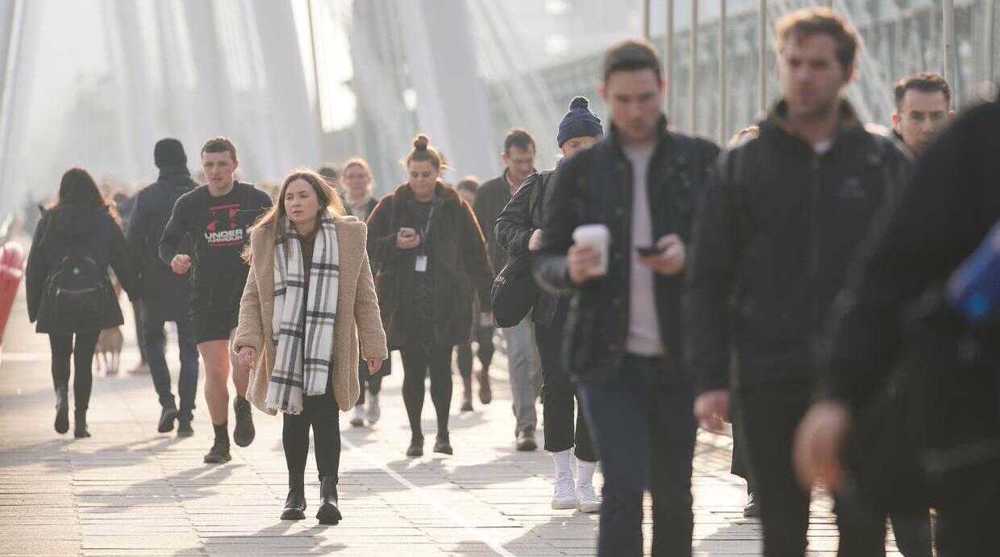
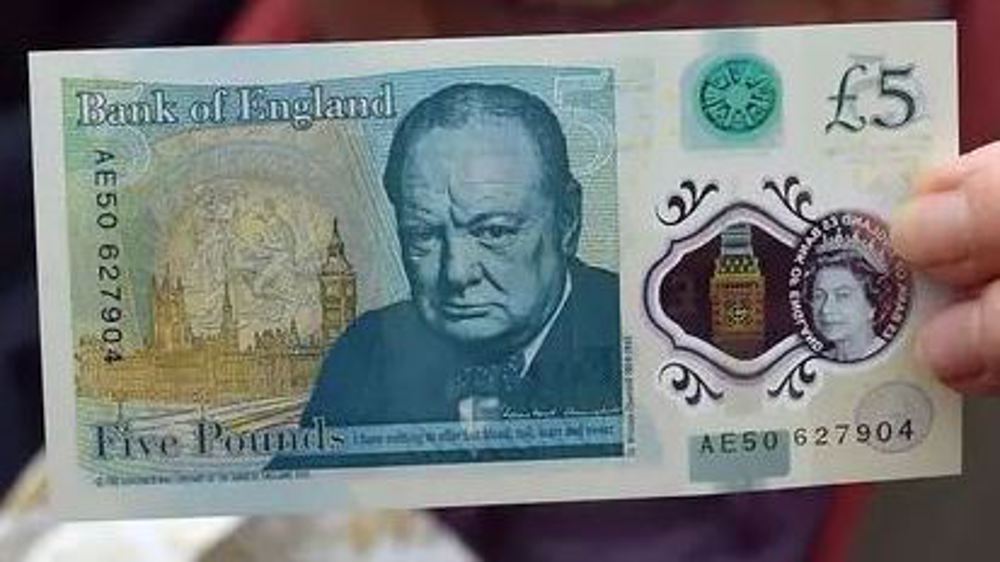
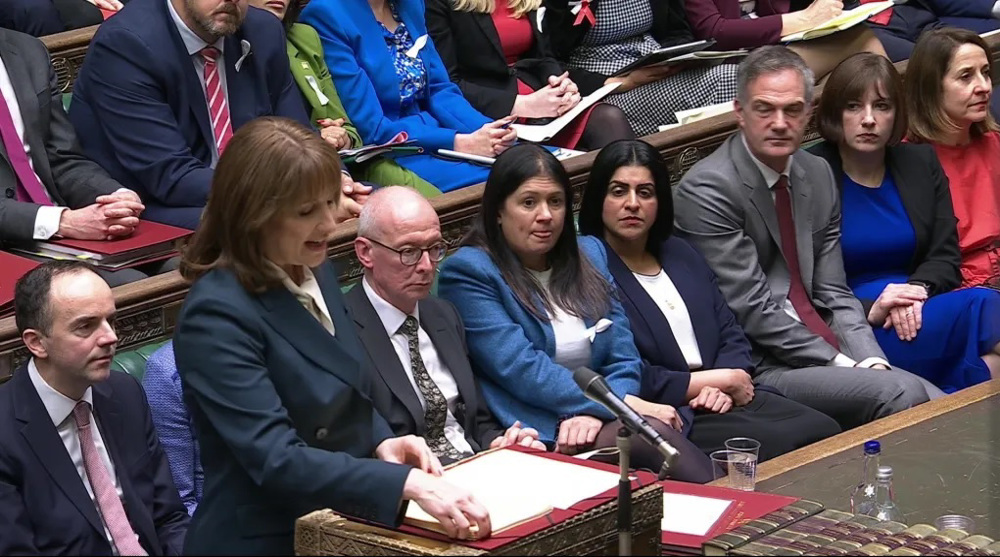
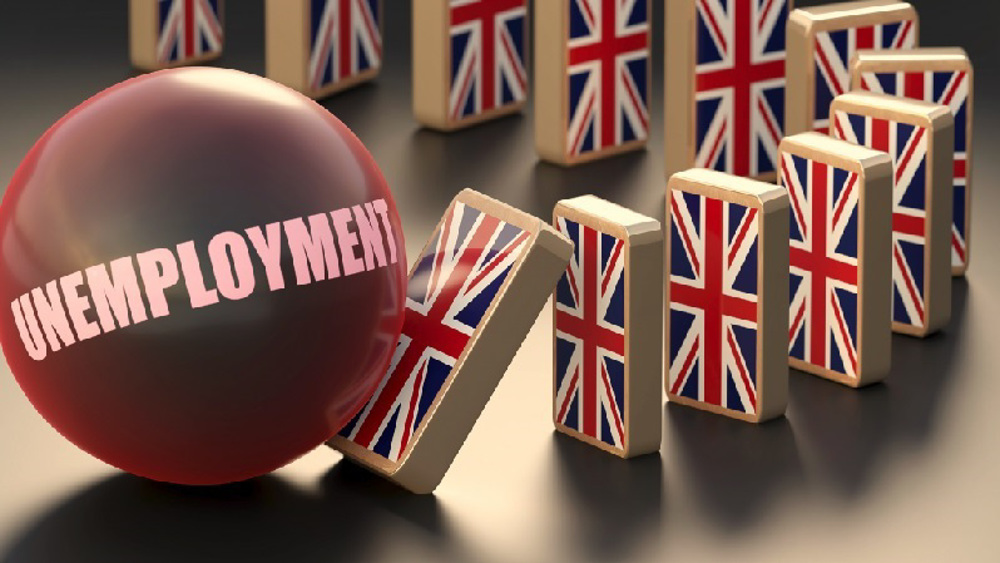




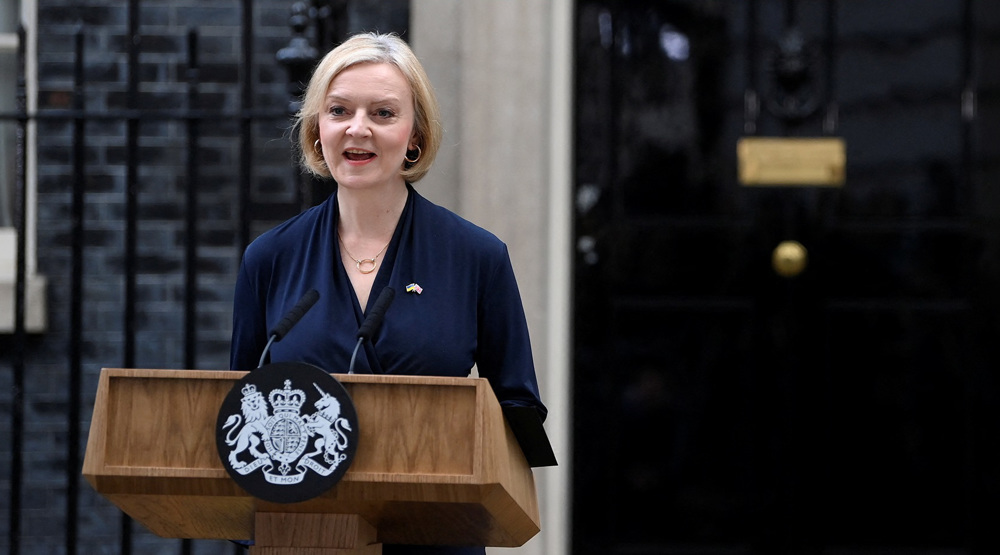
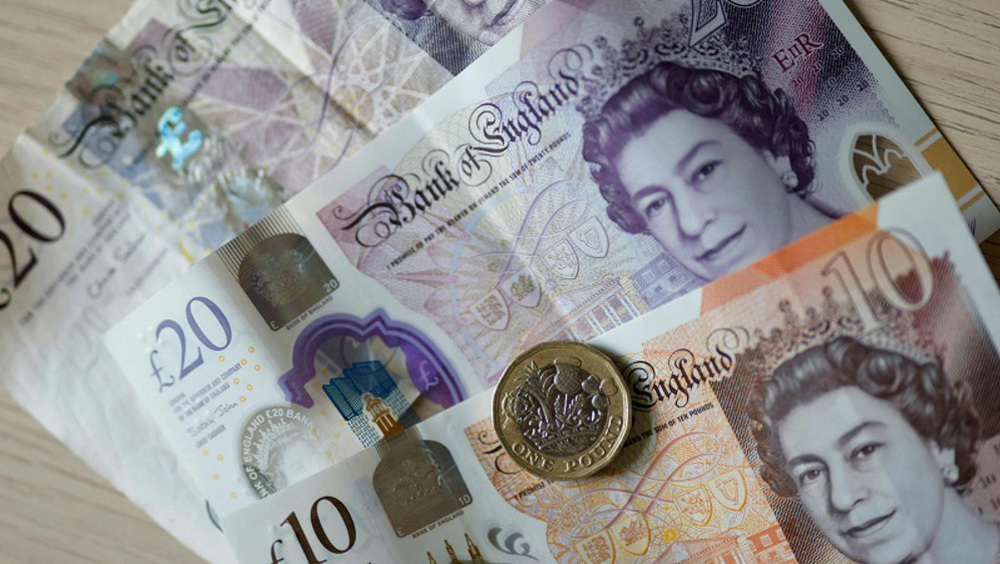
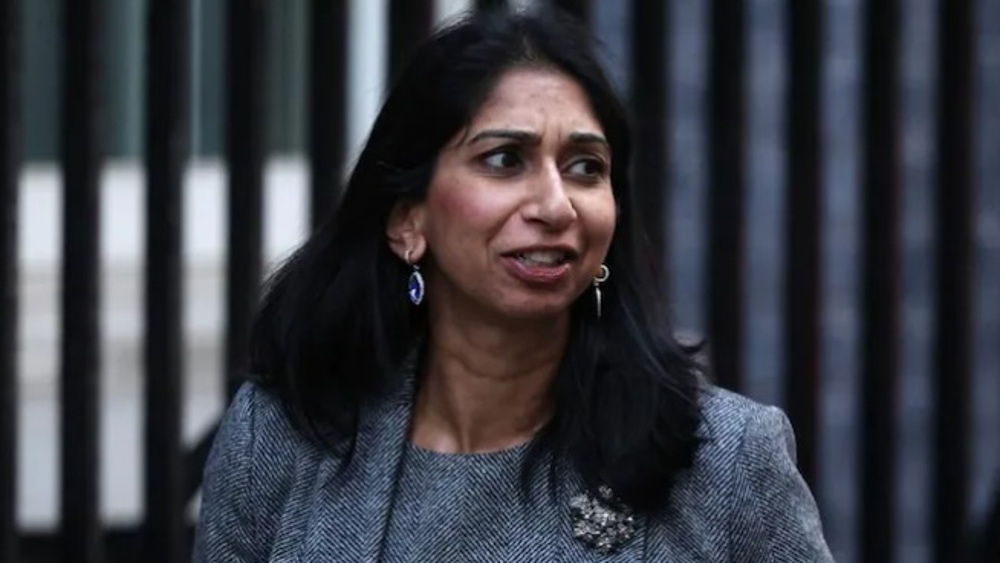
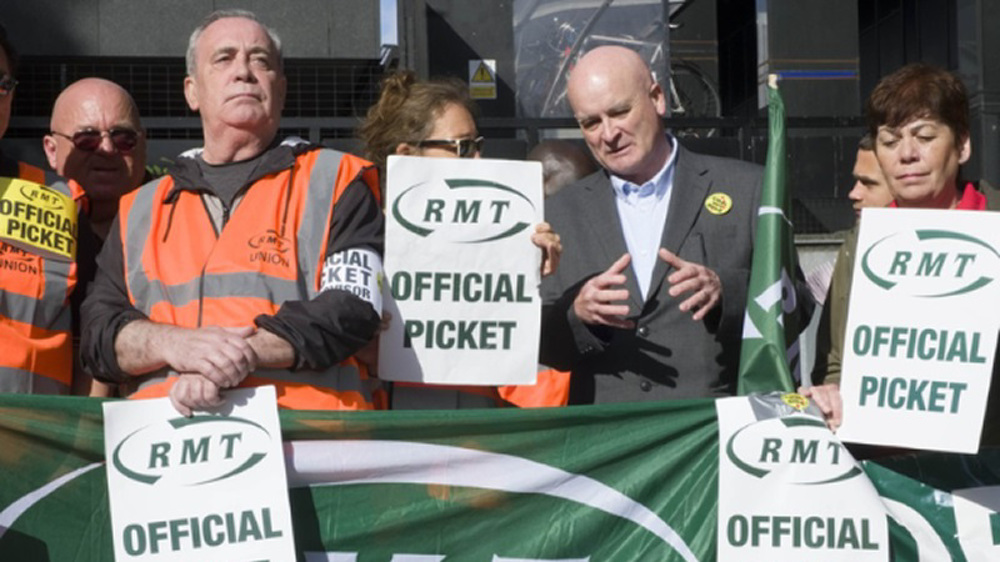
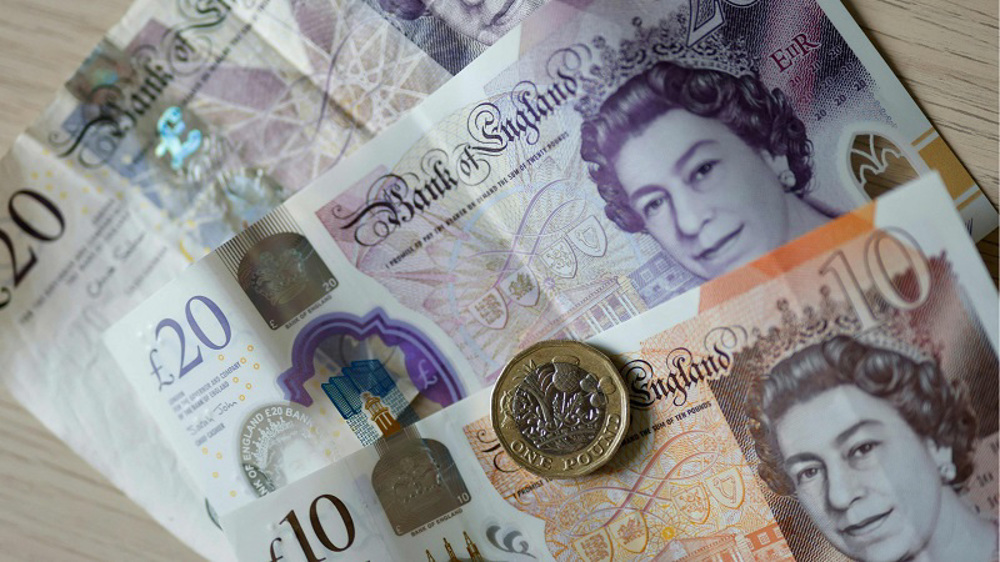
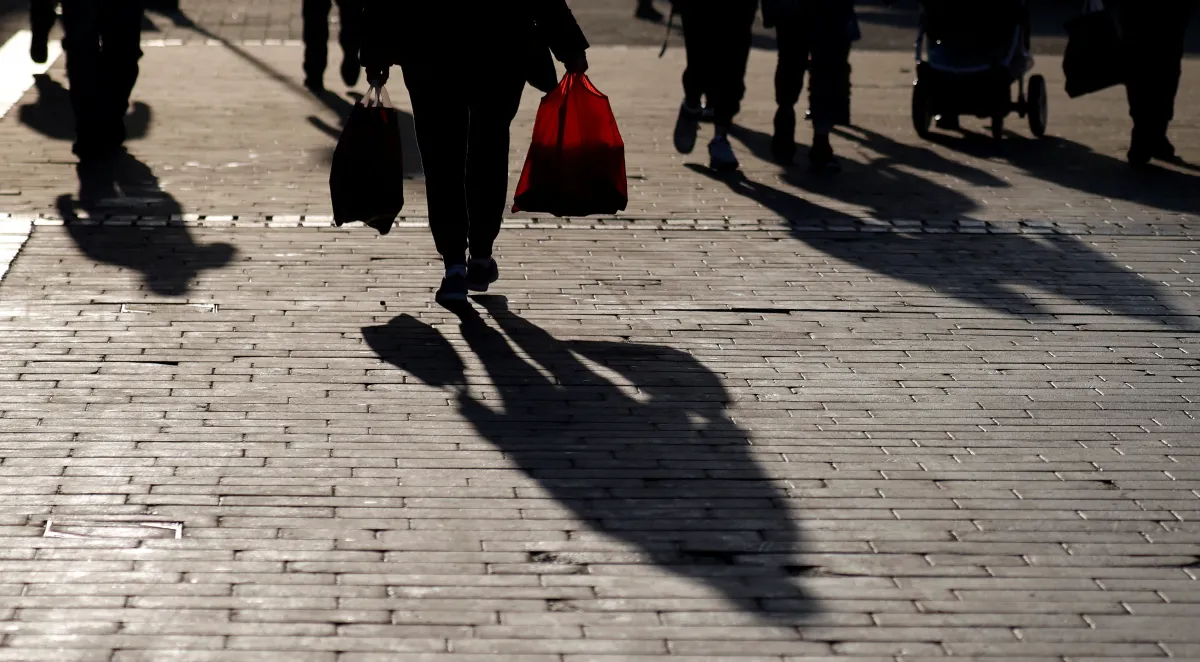

 This makes it easy to access the Press TV website
This makes it easy to access the Press TV website